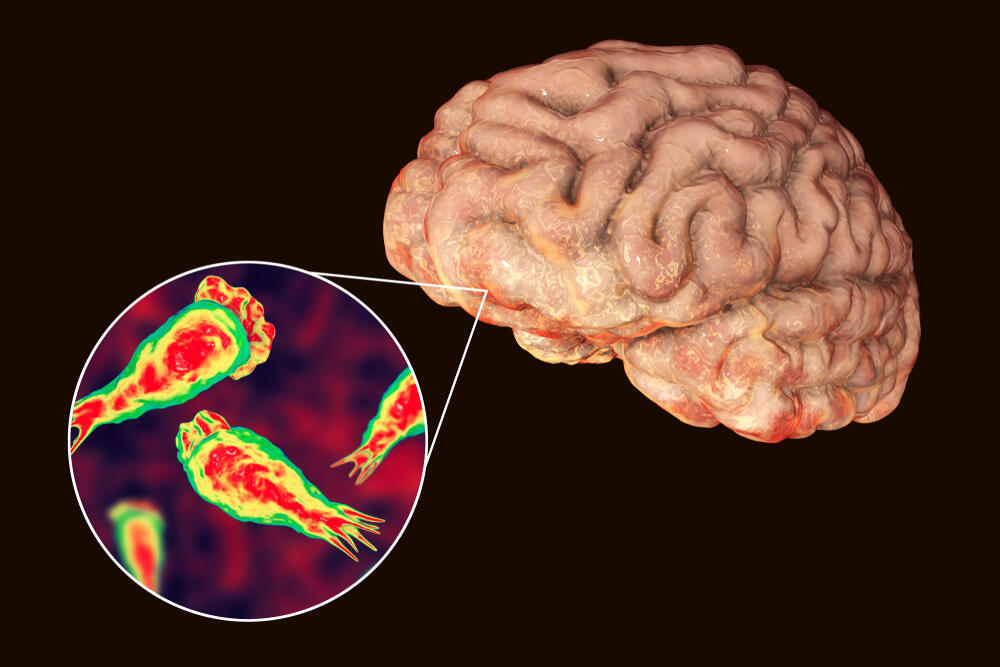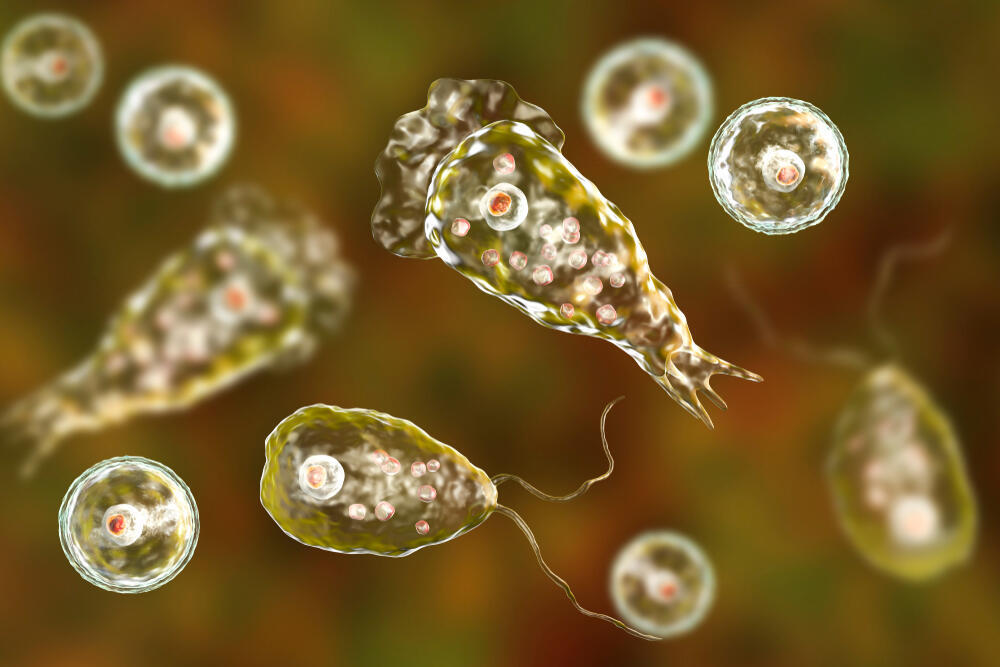Getting your Trinity Audio player ready...
The Health Ministry reported on Wednesday that a 10-year-old boy is in critical condition, sedated and on a ventilator in the intensive care unit at Ziv Medical Center in Safed due to inflammation of the brain, believed to have been caused by a rare amoeba.
A sample has been sent to the ministry's laboratories to investigate the suspicion that the child, who has no underlying health conditions, may have contracted encephalitis due to Naegleria fowleri.
Earlier this month, a 26-year-old man had died after contracting the same pathogen. This amoeba, primarily found in freshwater, enters the brain through the nasal cavity. The ministry has indicated that the man likely contracted the deadly amoeba at Guy Beach in the Sea of Galilee.
It remains unclear where the child, a resident of northern Israel, contracted the pathogen. The ministry said it was conducting an epidemiological investigation and will update the public as necessary.
Ziv Medical Center reported that the child was brought in Tuesday by his parents after feeling unwell for four days at home. "The medical team immediately suspected meningitis and began extensive tests to identify the cause. Overnight, his condition deteriorated, and he is now on a ventilator and sedated. The cause of his condition is still under investigation," the hospital said.
If confirmed, this would mark the third-ever case of the amoeba being diagnosed in a patient in Israel. In 2022, a 36-year-old man with no preexisting conditions died from encephalitis caused by the amoeba, found in freshwater, puddles or other stagnant water sources. The previous and first case in Israel, also fatal, was diagnosed at the Galilee Medical Center in Nahariya. In the United States, the disease is diagnosed about ten times per year on average.
Naegleria fowleri thrives in warm water at 35°C–42°C (95℉-108℉). Most people who swim in waters containing the amoeba do not become ill. However, exposure to the amoeba can lead to a fatal brain infection, often resulting in death. The amoeba enters the human body through the nose and directly reaches the brain. There is no specific treatment for the amoeba, but a combination of medications can sometimes reduce brain damage.
According to the U.S. Centers for Disease Control and Prevention (CDC), Naegleria fowleri infection typically occurs during swimming or diving in warm freshwater. Infection can also occur by inhaling contaminated water droplets, such as while swimming in a lake or pond where the amoeba is present or inhaling splashes from puddles.
The amoeba does not survive in saltwater or chlorinated water and cannot be contracted through drinking. The disease is rare, and the chances of recovery are low. Symptoms include fever, nausea, vomiting, headaches and a stiff neck. Most infected individuals die within a week.
Dr. Tamar Guttman, head of the infectious diseases service at Rabin Medical Center, says that approximately 400 cases of infections with amoeba have been reported globally in small medical literature series and the disease has a survival rate of about 10%.




